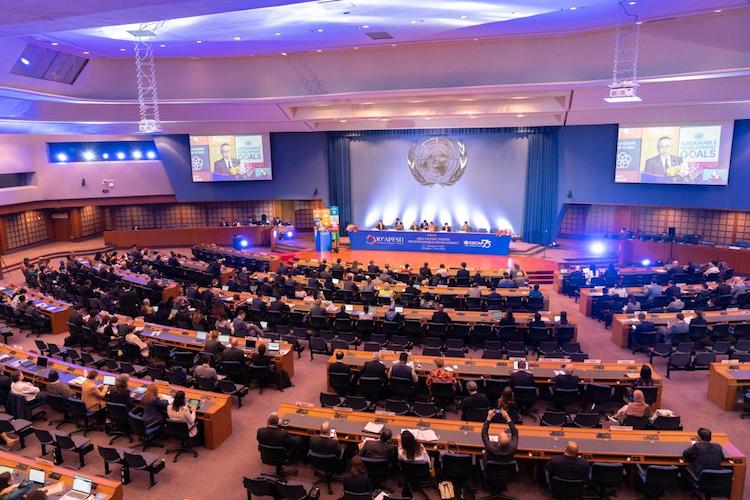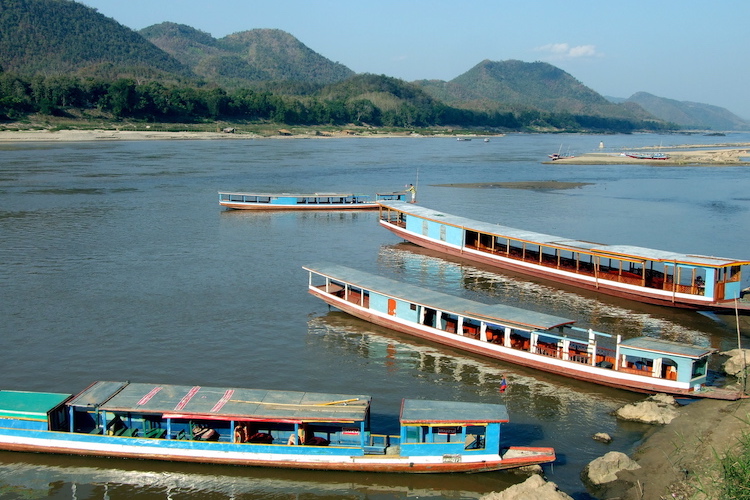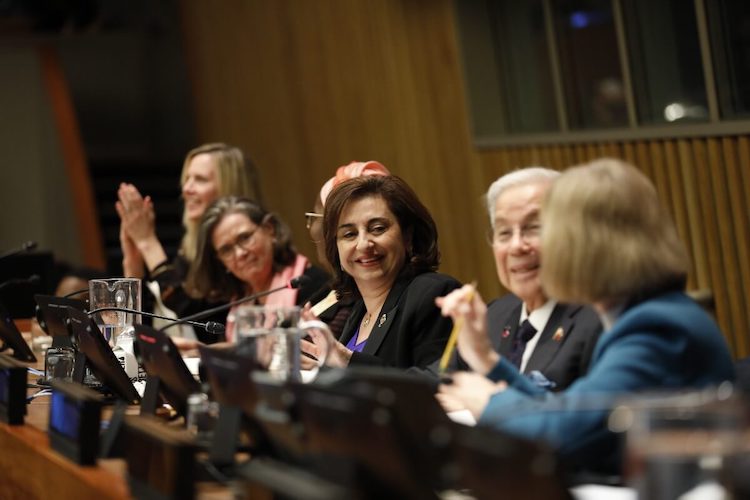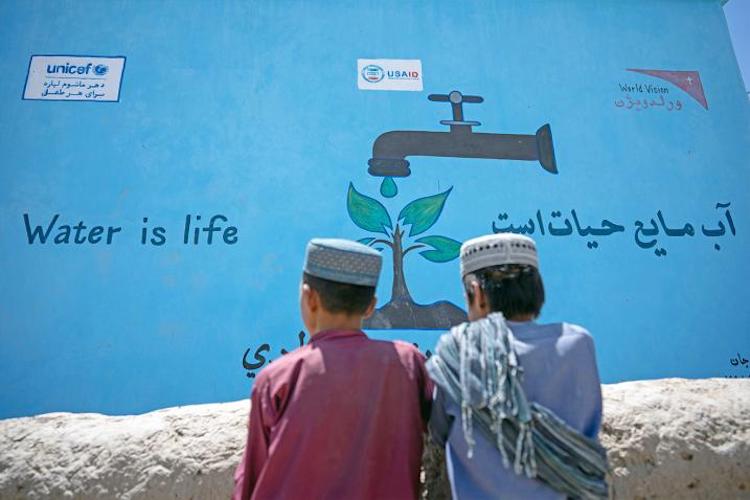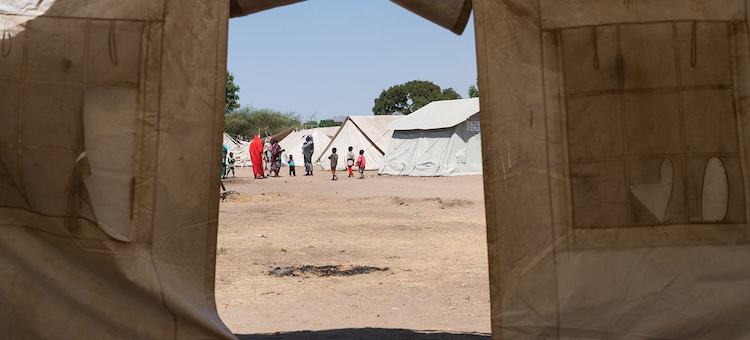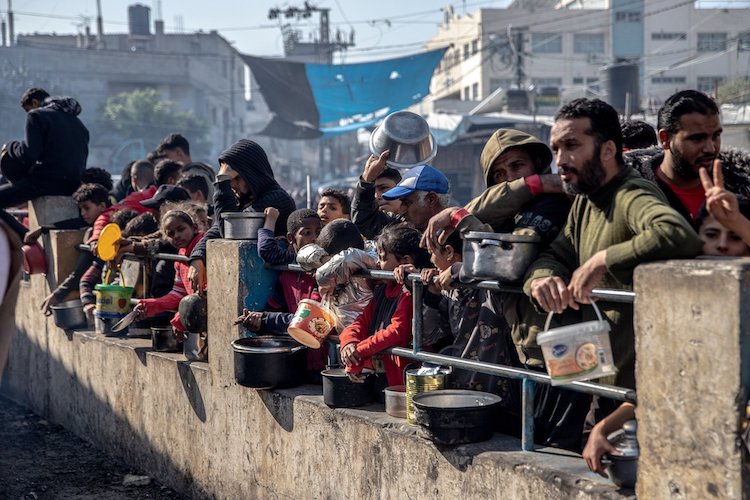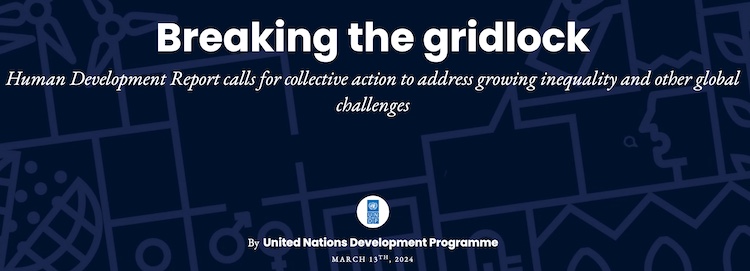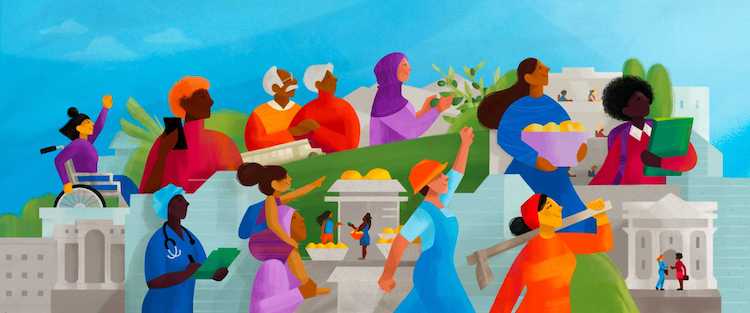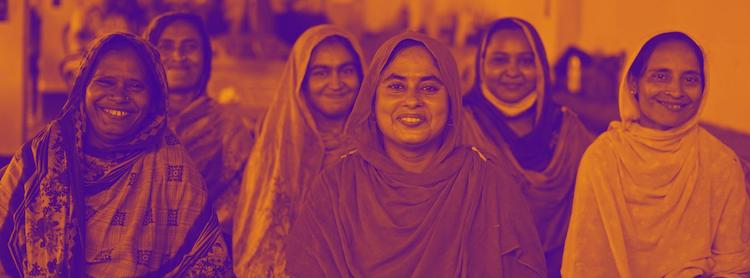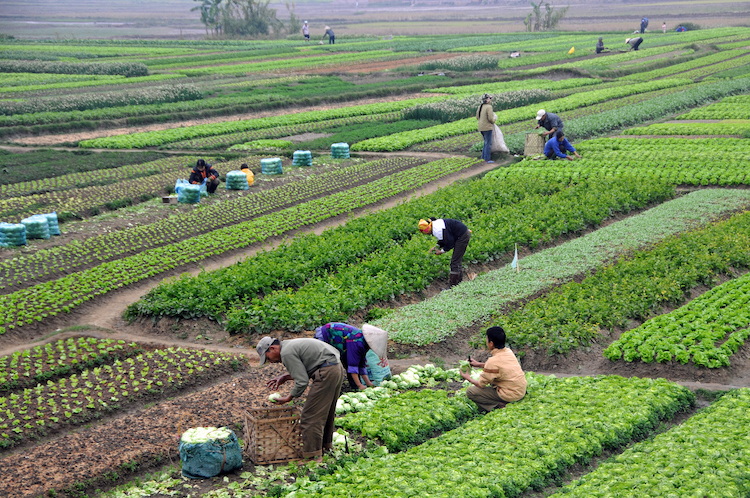
Mekong Delta Adopts Water-Saving Irrigation
By Le Thanh Binh
HO CHI MINH CITY | 28 March 2024 (IDN)—The Mekong Delta region in South Vietnam is a major food production base for the country. Approximately two million hectares of land are allocated for rice and fruit farming, and about a third of this land is regularly affected by drought and salinity during the dry season.…




